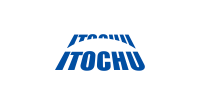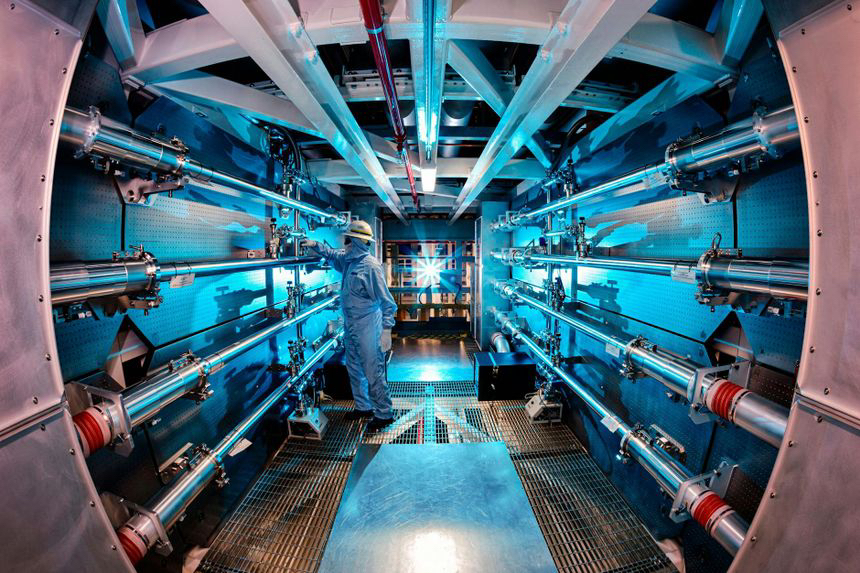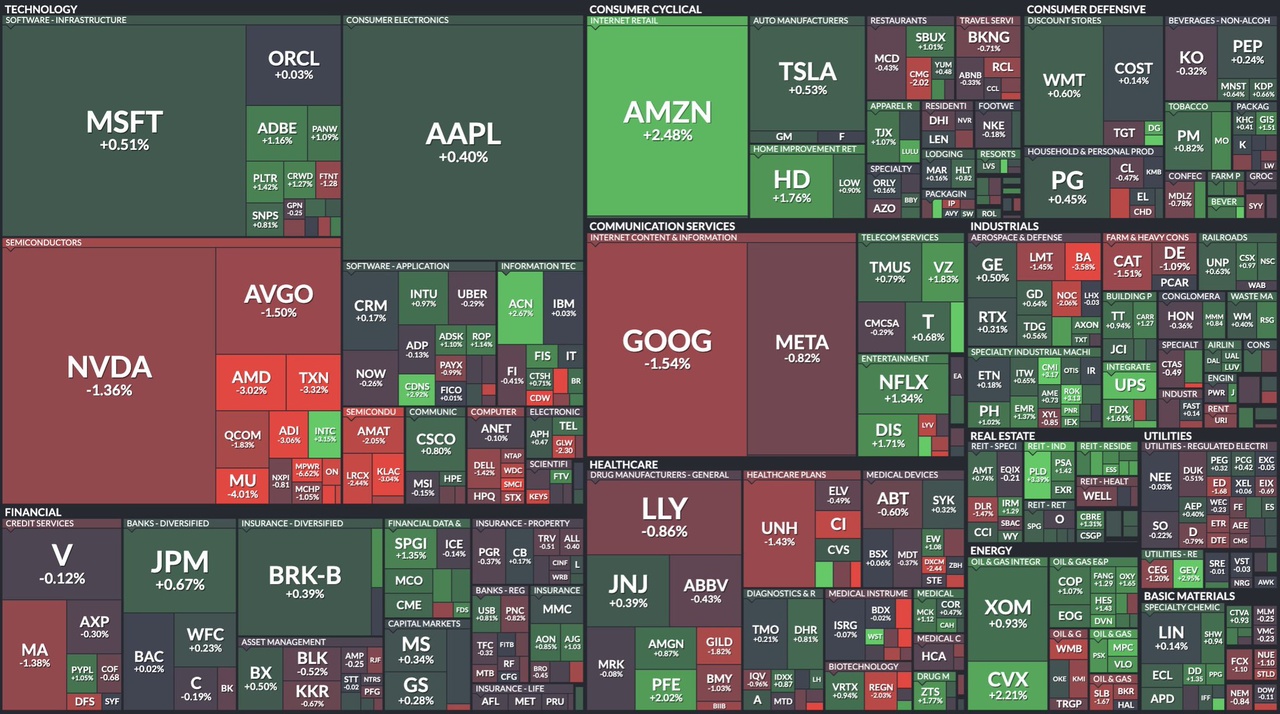What is nuclear fusion?
The nuclear fusion is a process in which two light atomic nuclei - usually hydrogen isotopes such as deuterium and tritium - fuse together to form a heavier nucleus. An enormous amount of energy is released in the process because part of the mass of the nuclei is converted directly into energy. This also happens in the sun and other stars, which emit light and heat as a result.
Difference to nuclear power (nuclear fission):
-Nuclear fusionHere, atomic nuclei fuse together. The starting materials (hydrogen isotopes) are abundant in nature and do not produce long-lived radioactive waste. There is no chain reaction, so there is no risk of a nuclear catastrophe.
-Nuclear fissionThis is where a heavy atomic nucleus (e.g. uranium or plutonium) is split into smaller nuclei, producing energy and radioactive waste. The reaction must be strictly controlled to prevent a "super-GAU".
Nuclear fusion would therefore be safer and more environmentally friendly than nuclear power, but has not yet been fully mastered technically.
Several listed companies are involved in the development of nuclear fusion or are investing in corresponding start-ups:
-Lockheed Martin Corporation $LMT The company was working on a compact fusion reactor, the Compact Fusion Reactor (CFR). However, this project was discontinued in 2021.
-Chevron Corporation $CVX (+0.29%) Chevron is investing in the transition to renewable energy and has invested in nuclear fusion companies such as TAE Technologies and Zap Energy through Chevron Technology Ventures.
-Equinor ASA $E1QN34 Equinor Technology Ventures has acquired a minority stake in Commonwealth Fusion Systems (CFS), a leading developer of fusion energy technology.
-Eni S.p.A. The Italian energy company is an early investor in Commonwealth Fusion Systems and supports its path towards the commercialization of fusion energy.
-Alphabet Inc. $GOOGL (-0.42%) Google's parent company has been working with TAE Technologies since 2014 and has made an investment of 250 million US dollars in the company in 2022.
The prospects for the success of nuclear fusion are increasingly viewed positively, particularly due to recent technological advances and significant investments. Nevertheless, there are still considerable challenges to commercialization, such as the technical feasibility, economic viability and scalability of the technology. The main risks lie in the uncertainty as to whether and when nuclear fusion will be available as a reliable source of energy. The risk/reward ratio therefore depends on further scientific breakthroughs and the ability to implement the technology efficiently and safely.




















